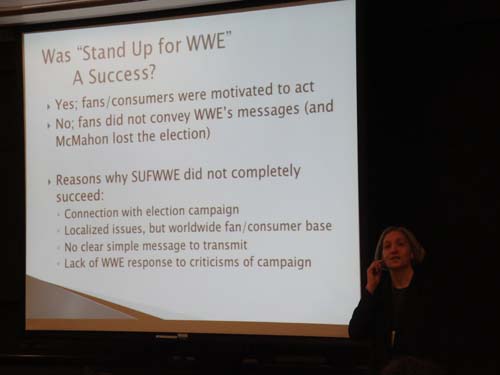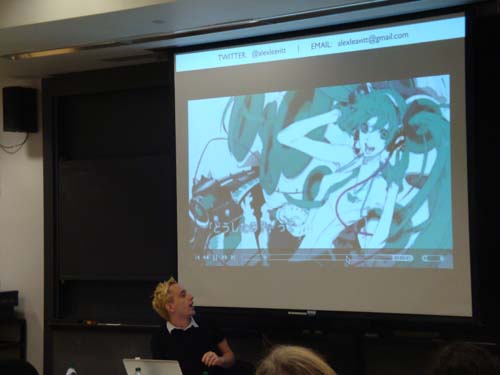Be the Brand: Required professional involvement in social media. Presented by Raizel Liebler and Keidra Chaney from The Learned Fangirl.com
Am I representing myself or the brand? It continues to be an issue for many people whether we represent ourselves in social media or our brand. What are the legal implications of this overlap?
There is a blurring of the line between the personal and the professional and will give examples.
American red cross: an individual posted ‘ryan found two more 4 bottle packs of dogfish head’s midas. The day after the Red Cross explained that it is an honest mistake bec it was tweeted 1000s of times. This was handled well bec Red Cross had a well-planned and comprehensive social media policy for employees. Read More …

